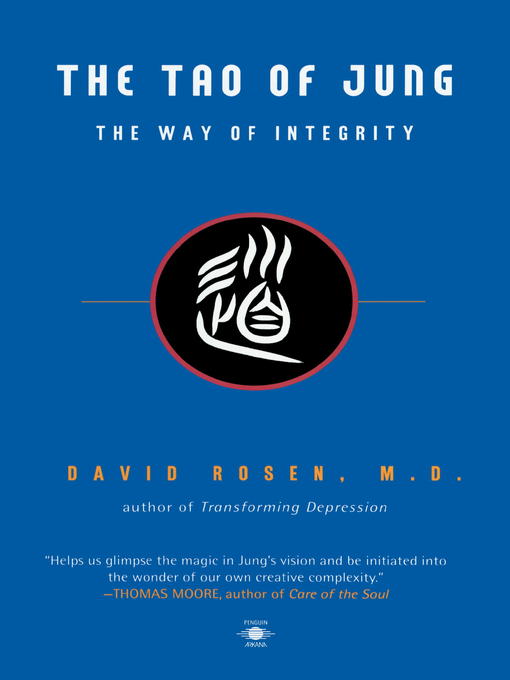
The Tao of Jung
کتاب های مرتبط
- اطلاعات
- نقد و بررسی
- دیدگاه کاربران
نقد و بررسی

September 2, 1996
Jungian concepts such as archetypes and the collective unconscious have become part of our culture's worldview, just as have some principles of Asian philosophies. So the insights in this book combining the two can be expected to intrigue many of today's readers. Indeed, psychoanalyst Rosen's (Transforming Depression) brief analysis of Jung's life in terms of Taoist principles is more an inspirational work than a biography. Jung became fascinated by Chinese religion and philosophy later in life, he explains. Rosen attempts to illuminate Jung's psychic development in terms of the Chinese concept of crisis, expressed by the pictographs for danger and opportunity. Jung's crisis, in Rosen's view, consisted of his break with Freud, with the pre-Freud and Freudian years represented by danger, the post-break years by opportunity. The text here consists mainly of biographical anecdotes juxtaposed with quotes from the Taoist masters Chuang-tzu and Lao-tzu and selections from the I Ching, some of which are more relevant than others. Rosen's approach works best for Jung's years at Bollinger, where the middle-aged and then the older Jung expressed his deepest understandings in stone carvings as well as in words. At Bollinger, Jung, already steeped in ancient lore, lived the life of a Taoist sage as he "integrated yin and yang forces and became a modest person in harmony with nature."

























دیدگاه کاربران